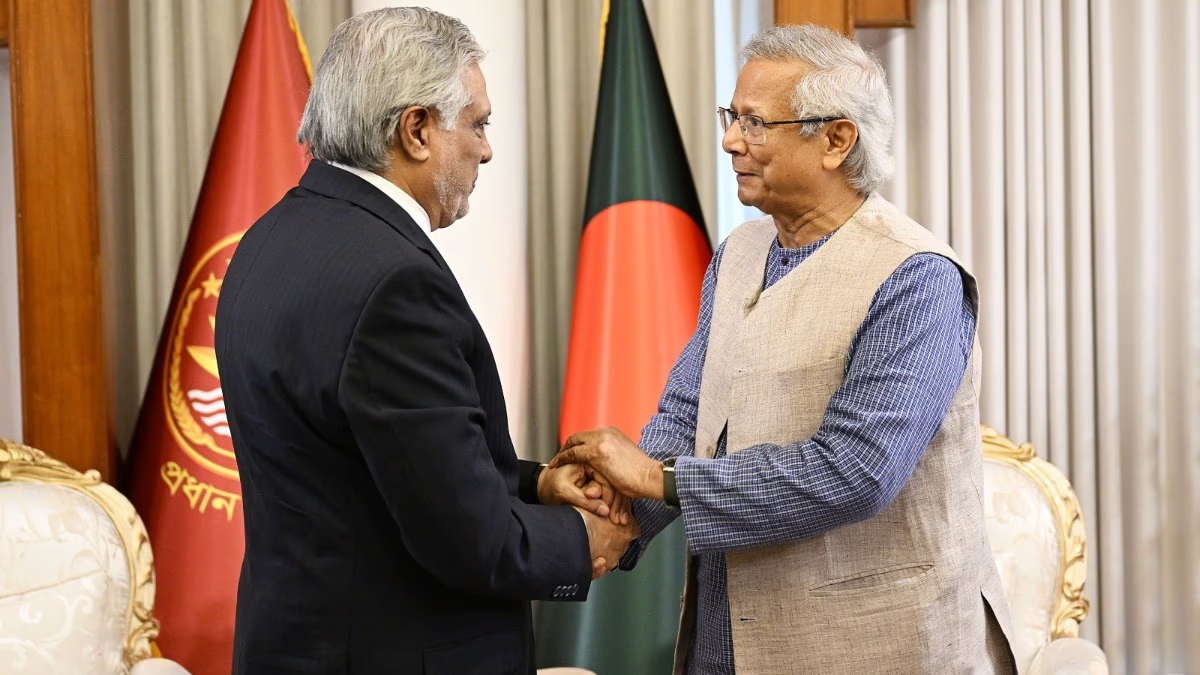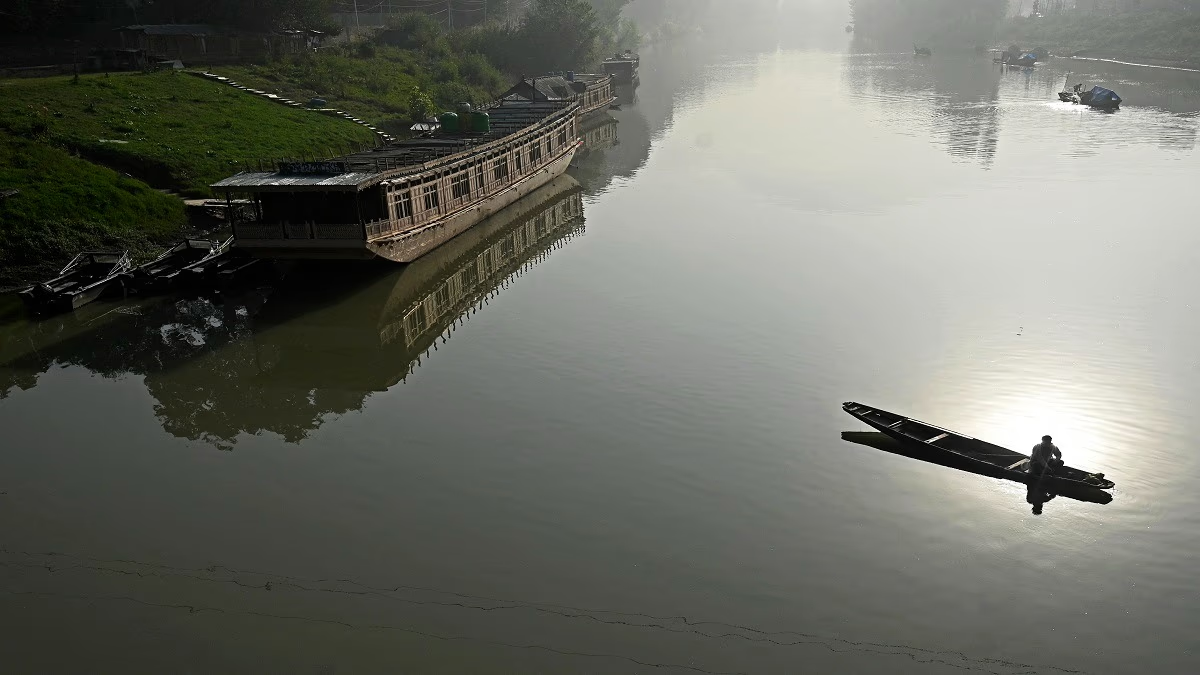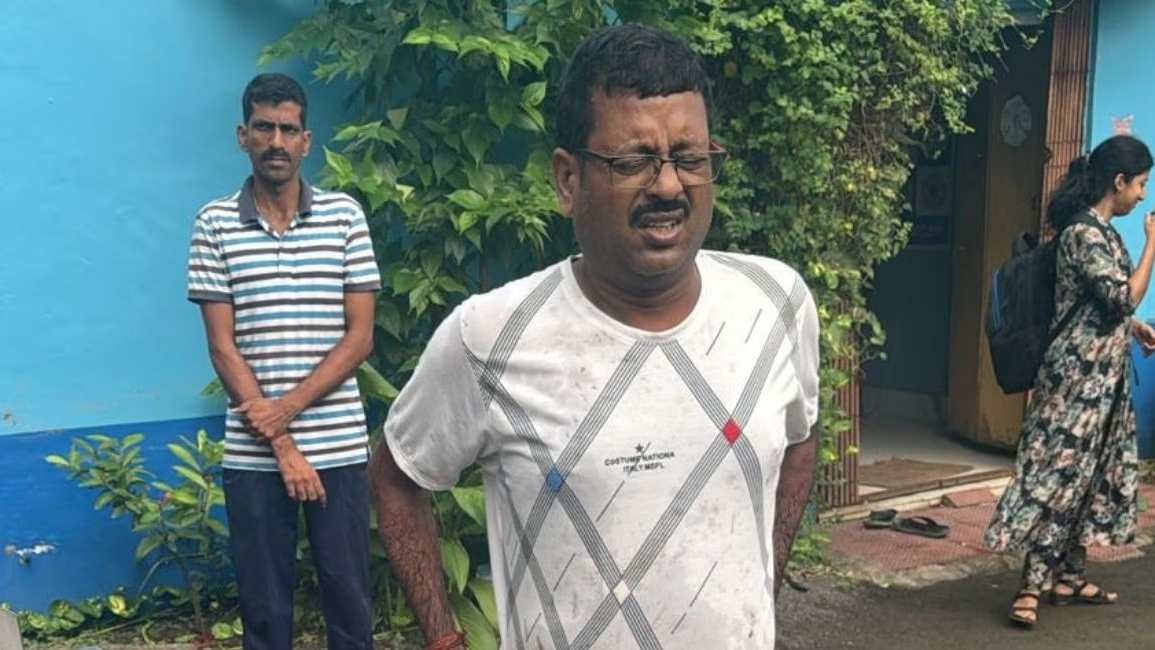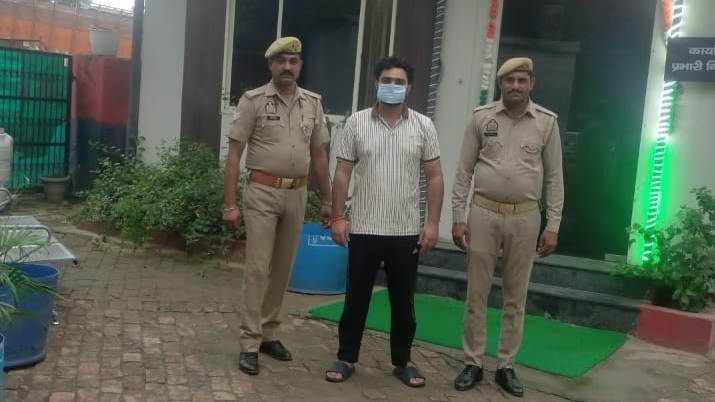Attempting to circumvent India, Pakistan's diplomacy stumbled without resolving past issues. After a 13-year absence in Bangladesh, Pakistan's Deputy Prime Minister Ishaq Dar confronted diplomatic adversity. During his stay, Bangladesh stated they did not expect unresolved issues spanning 54 years to be solved in one single meeting, especially one convened after over a decade.
The buzz surrounding Ishaq Dar's Bangladesh visit stretched from Dhaka to Islamabad. Initially planned for April this year, tensions from the Pahalgam attack between India and Pakistan postponed it. Despite these hurdles, Pakistan and Bangladesh sustained warm relations.
Dhaka's Diplomatic Strategy Shifts: Inviting Pakistan
Pakistan aimed to strengthen ties with Bangladesh to strategically pressure India, marking Ishaq Dar's visit as a pivotal diplomatic event following Hina Rabbani Khar's 2012 visit. By welcoming Ishaq Dar, Bangladesh exercised diplomatic autonomy to pressure India. The nations vowed friendship.
Yet, upon Dar's arrival, Dhaka shifted its diplomatic stance. Discussions in Bangladesh centered on whether Pakistan would apologize for its actions during the 1971 Liberation War. The Pakistani army was accused of widespread atrocities, including rape, murder, and arson.
On Sunday, in Dhaka's Sonargaon Hotel, Ishaq Dar met with Bangladesh's Foreign Affairs Advisor, Touhid Hossain. Confronted by pressing journalists about unresolved issues, Dar stated, "The first agreement was in 1974."
He elaborated, "The document from that era is historic for both our nations. Later, General Pervez Musharraf brought the issue to light publicly. Thus, it has been resolved twice: first in 1974 and again in the early 2000s."
Pakistan's Attempt at Clarity Unsuccessful
Despite Dar's assertions, Bangladesh swiftly dismissed his claims. This rebuttal came from the same advisor who met Dar—Touhid Hossain.
Advising on the unresolved 1971 issues claim, Hossain disagreed: both countries would continue discussions on pending bilateral matters in the future.
It's clear the discussions were held in a climate of mistrust.
Upon questioning Dar's claim of resolving issues twice, Hossain countered,
"We want financial matters, especially account settlements, resolved. We demand acknowledgment of, and apology for, the genocide here. Additionally, we urge Pakistan to repatriate its stranded citizens. Bangladesh's stance is firm and clear."
He continued, "Surely, you don't expect 54 years of unresolved issues to be settled in one meeting. Moreover, this wasn't a formal bilateral engagement. Indeed, no one expects such a lengthy discord to be sorted within an hour."
When confronted about agreeing with Dar that all issues were resolved twice before, Hossain decisively replied,
"I don’t agree at all. Had I agreed, the problem wouldn’t persist. We clearly stated our stance; they did theirs. Our discussions involved all three issues."
It's notable that Ishaq Dar also met Bangladesh's interim government chief, Mohammad Yunus. As per Bangladeshi media, both leaders discussed reinforcing bilateral ties.




